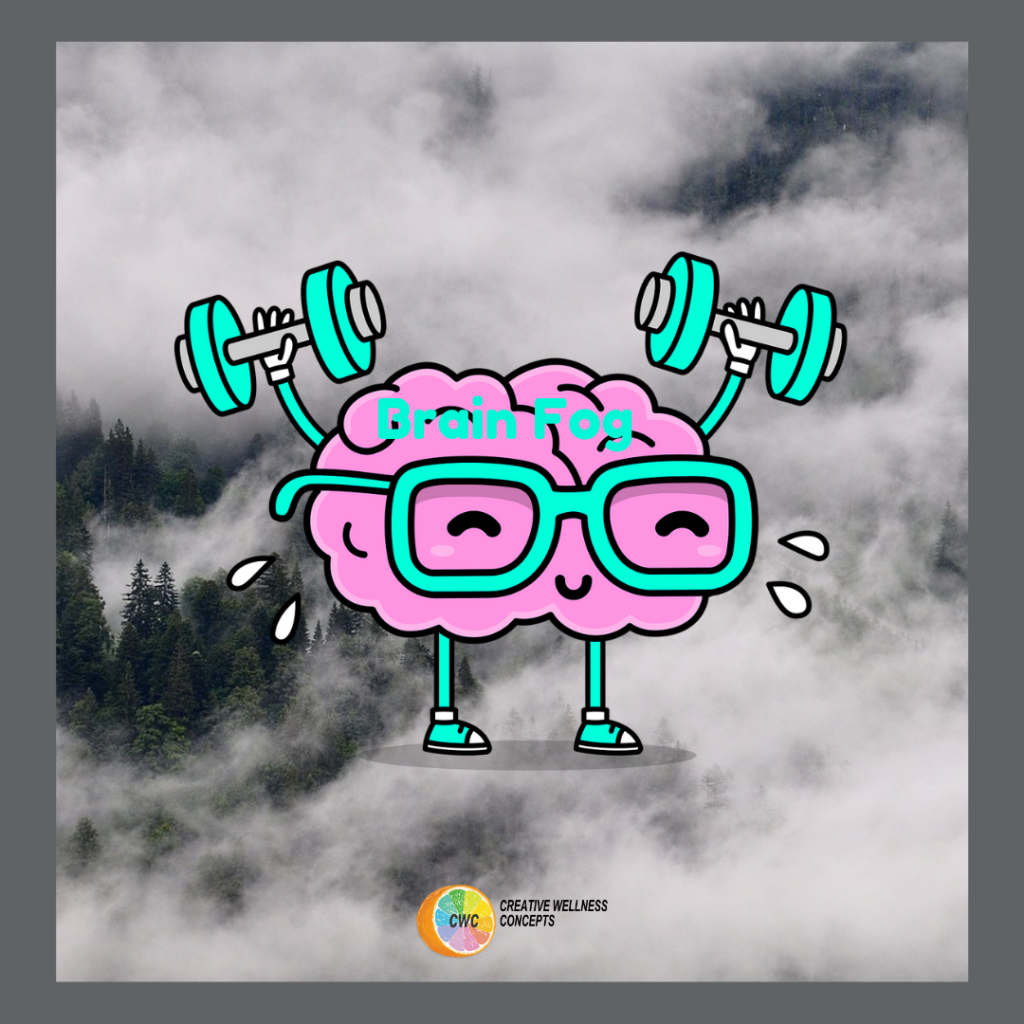
Brain fog is a term used to describe a state of mental confusion or lack of mental clarity. People experiencing brain fog often report symptoms such as:
- Difficulty concentrating or focusing
- Memory problems or forgetfulness
- Feeling mentally sluggish or slow
- Difficulty in processing information
- Fatigue or low energy levels
- Trouble finding the right words or articulating thoughts
Brain fog can impact individuals in various ways, including:
- Work Performance: Decreased productivity, difficulty completing tasks, and an increased likelihood of making mistakes.
- Learning and Memory: Struggles with retaining new information or recalling previously learned material.
- Daily Activities: Challenges in managing daily responsibilities, making decisions, or performing routine tasks.
- Emotional Well-being: Increased frustration, irritability, or stress due to cognitive difficulties.
- Social Interactions: Difficulty in conversations, following discussions, or maintaining relationships due to impaired communication skills.
The causes of brain fog can vary and may include factors such as stress, lack of sleep, poor diet, hormonal changes, medical conditions (e.g., thyroid issues, chronic fatigue syndrome), medication side effects, and mental health conditions like depression or anxiety. Addressing the underlying causes, improving lifestyle habits, and seeking medical advice can help alleviate brain fog.
#brainfog
#mentalhealth
#creativewellnessconcepts
*Disclaimer: The information provided in this post, gathered from various sources, is for educational and informational purposes only and should not be construed as medical advice. Always consult with a qualified healthcare professional for any medical concerns or before making any changes to your health regimen. Photo credit: Pixabay

